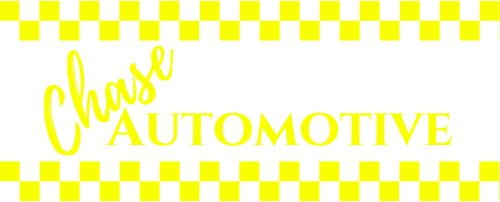Unfortunately there are no obvious signs that the timing belt will fail for most drivers. You won’t necessarily notice slipping, noises, smells, or visible wear before your timing belt breaks. But certified technicians may be able to spot early signs to keep your family save and avoid costly repairs!
The most reliable way to avoid the timing belt breaking is by following the manufacturer’s recommended maintenance schedule. Your vehicle has been tested for safety and common issues, including the timing belt, and the manufacturer will recommend a replacement time based on the average lifespan of the timing belt – often between 60,000 and 100,000 miles but sometimes sooner.
However, that does not guarantee that the timing belt will not have problems before the recommended replacement. Depending on the condition of your vehicle and the environment where you drive, the timing belt may be at higher risk.
While it may not be possible to spot new issues yourself as they arise, our ASE-Certified technicians will help you understand the condition of your vehicle. These experienced technicians are trained to understand warning signs and spot problems early so you can have them fixed before they lead to extensive damage. Some signs of timing belt damage include:
- Worn belt. The same way your tires become worn and have low tread, your timing belt may have visible wear with age. If the belt is worn so that it can no longer grip, it may slip and cause the components to fall out of line.
- Cracking. In extremely hot conditions, like a combustion engine, rubber may crack. Most timing belts are made from neoprene and are susceptible to this damage. Cracking indicates that the belt needs to be replaced and is at higher risk for breaking.
- Stiffness. The timing belt should be taut within the engine, but if it becomes too stiff it may not be able to move through the components properly. Some amount of flexibility is necessary in the timing belt. A stiff belt is more likely to break.
- Stretching. Similarly, if the belt is too loose it will not be able to move properly through the engine. Reduced tension will also reduce the performance of your vehicle.
The timing belt operates in a highly stressful environment, subject to wear and tear as you drive your vehicle. Precise timing and functions are controlled by the timing belt. Should the belt break, it can cause thousands of dollars in damage to the engine.
To catch problems early and avoid costly repairs, bring your vehicle to Chase Automotive. Our technicians will thoroughly inspect your vehicle for warning signs and help you keep up with the recommended maintenance your vehicle needs. To learn more about timing belt replacement, stop by our auto repair shop or call 303.344.4670.
